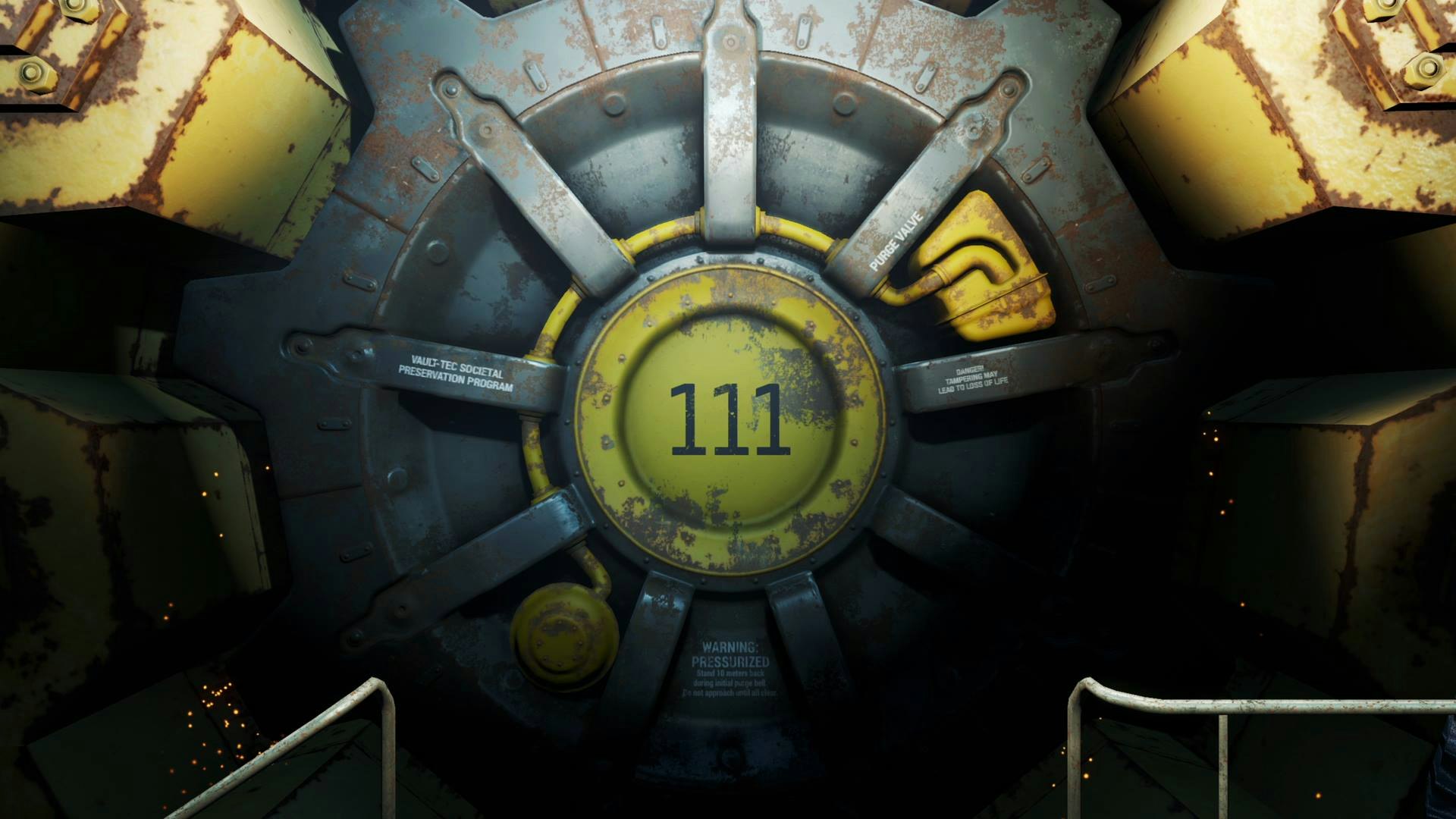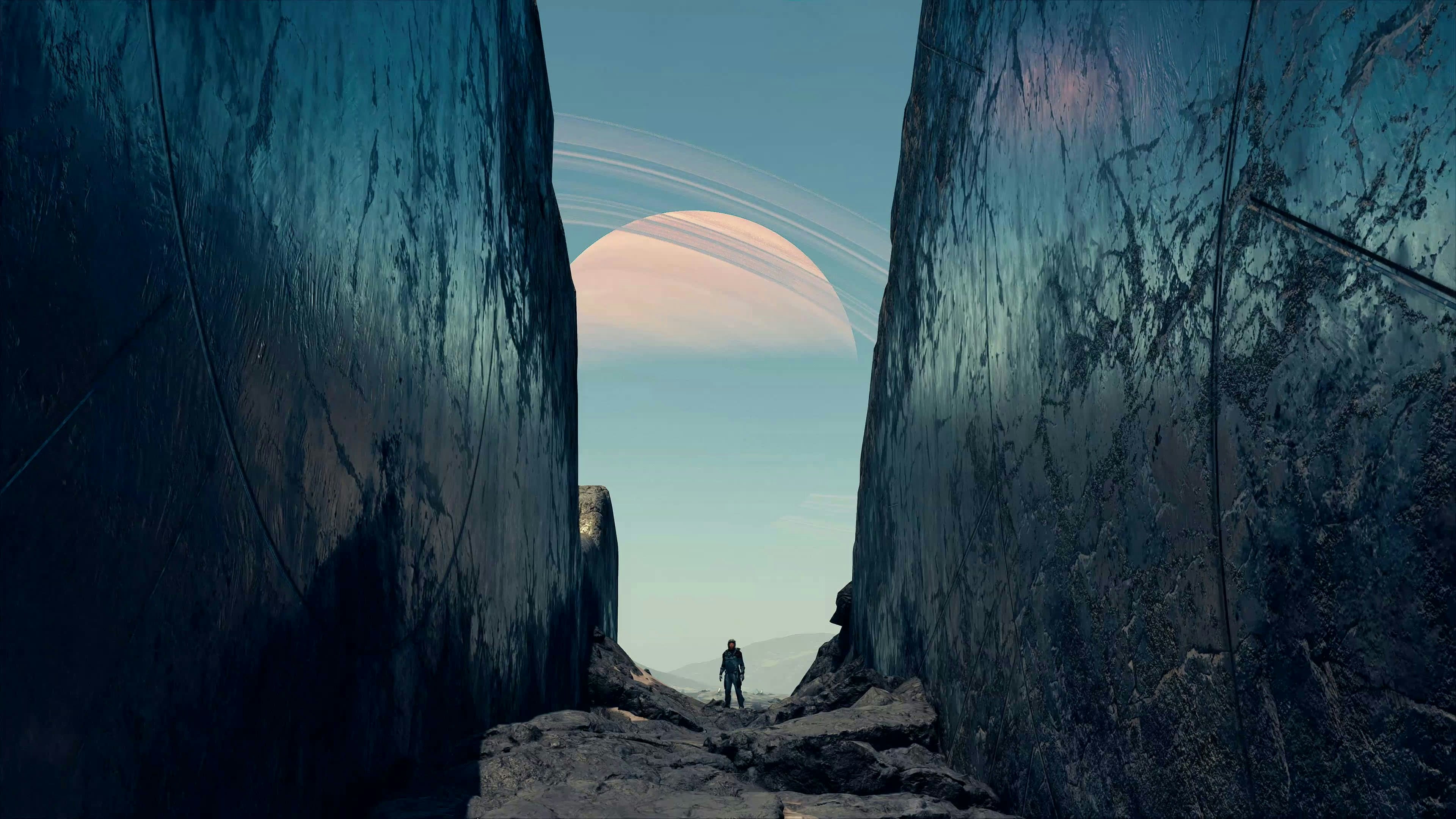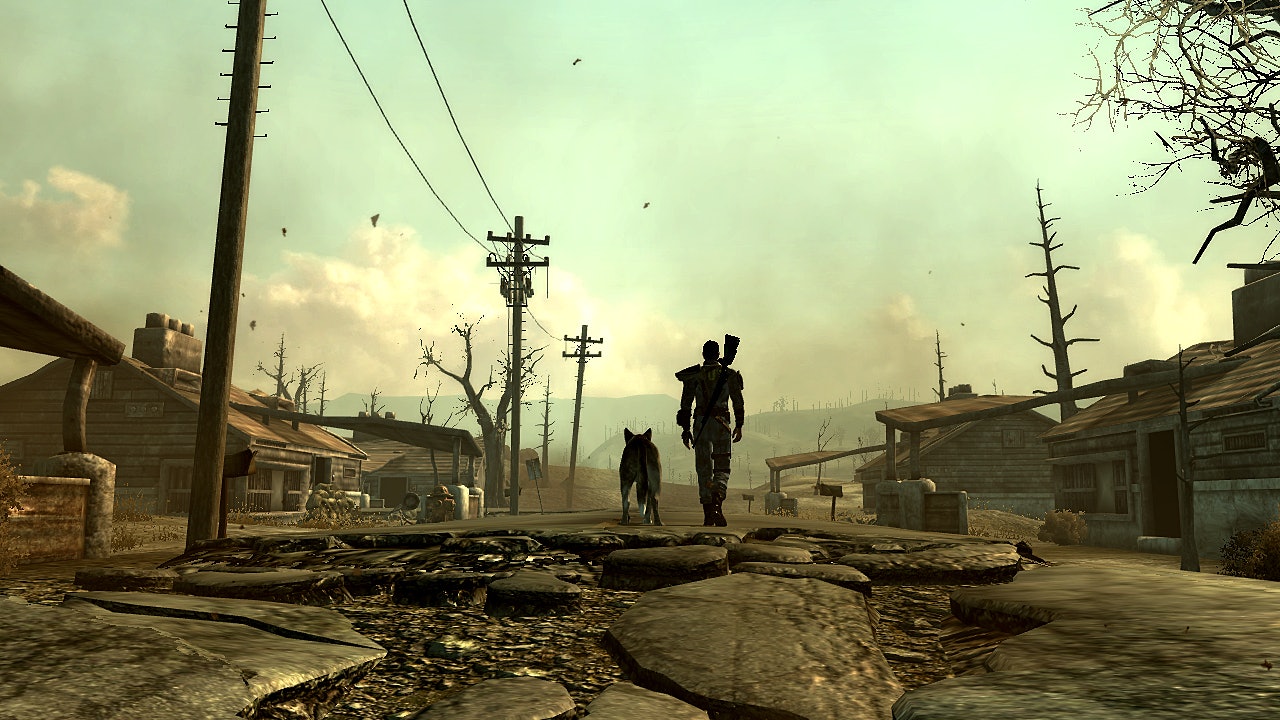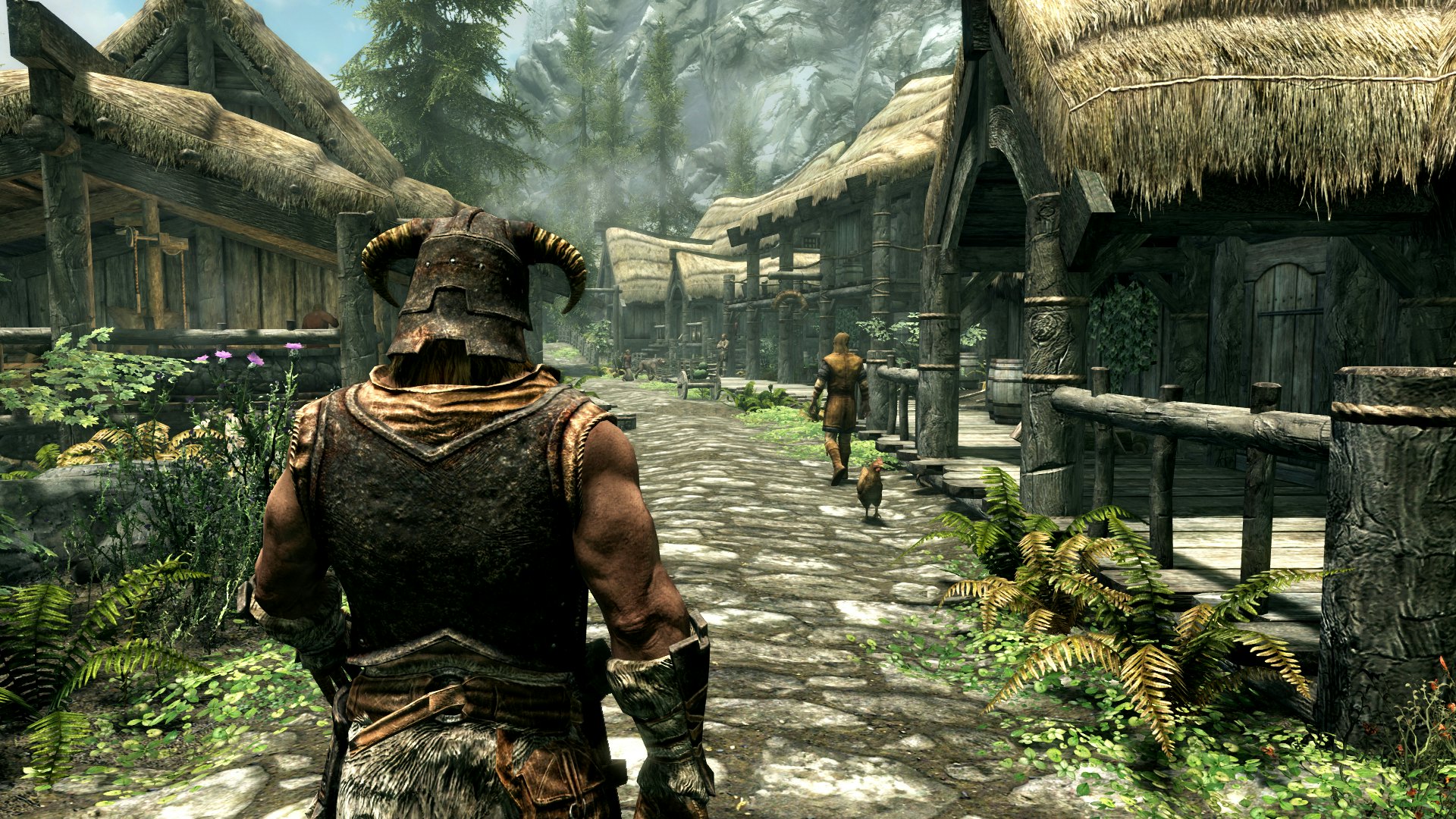
For years, the gaming industry has chased Bethesda’s specter, dutifully recreating (and sometimes evolving) conventions that built a role-playing-game empire worth billions. But with Starfield, the Microsoft-owned company has the rare chance to show the world what a modern Bethesda RPG actually looks like.
Some have walked away flattening Starfield as just another Bethesda game, but to the developer’s credit, it’s tried to reconfigure how some of its genre conventions work in its latest release. The reimaginings don’t really pan out, though, and the more standard aspects of the Bethesda formula disappoint, despite their ubiquity in the genre at large.

First, it helps to pinpoint what elements define a classic Bethesda game. Typically, there’s a Chosen One hero who must save the day with whatever handful of skills the player allots them. The hero will often explore an open world full of quests, maybe with the help of a buddy. Mechanically, there might not be much in the way of memorable combat to a Bethesda game, but many players overlook this deficiency because of the vibrant, fleshed-out worlds.
You might think, well, isn’t this describing nearly any RPG? Yes, but Bethesda set this standard in the first place. The problem is, Starfield can’t seem to shake that standard, and it holds the game back.
The shackles are visible from the start. Bethesda’s post-apocalyptic Fallout series is known for its iconic “leaving the vault” moment. A closed metallic door laboriously opens once the tutorial is complete, building anticipation before unleashing you out in the world. Starfield has something like this as well, but without the claustrophobic conceit of being a vault dweller who has never witnessed sunlight, Starfield’s rock-breaking introduction doesn’t land nearly as well. This sets the stage early for the ways in which Starfield seems beholden to Bethesda’s conventions, whether or not they make sense for this particular game.

Like in Bethesda’s towering fantasy RPG, The Elder Scrolls V: Skyrim, upgrading your abilities in Starfield requires completing the same action many times in a row before you can spend a skill point in any given area. At first, this seems like Bethesda falling back on old ideas once again, but powering these attributes up reveals a swing on the developer’s part. While many games, even those that aren’t RPGs, award skill points, Starfield differentiates itself by not allowing you to spend said points until you complete mini-challenges for that proficiency. The aim, it appears, is to make the player feel like they’ve “earned” becoming more powerful. But while the idea is commendable, the actual experience is frustrating. (Lock picking, for example, already provides a puzzle with varying levels of difficulty. I shouldn’t have to practice for the right to even look at said puzzles.)
Starfield dips into the Bethesda formula once again by providing an open-world game, but bizarrely, we get a regressive implementation of the concept. By relying heavily on fast-travel between locations, Starfield resembles the traversal offered by the original Fallout games of the late ’90s, where you could traverse any part of the map, though not on foot. Instead, you’d watch an icon move to its destination before the game loaded that specific area. The scale is much grander now, but the spaces you can explore are often pretty empty. Bethesda says that’s on purpose to make the player feel like a small glimmer in a larger galaxy. But I’ve rarely felt contemplative about my place in the world while playing Starfield, much less a sense of wonder.

The Bethesda formula is here, but not the Bethesda magic. The developer is known for offering a multitude of ways to complete a quest. It’s up to the player whether they go in guns blazing, charm their way through, or outwit everyone by hacking a computer. But in Starfield, you quickly realize it doesn’t matter how to execute the task at hand. There are never any consequences, merely prizes. A bounty will tell you that it wants you to turn in the baddie alive, but the game will just shrug and give you a reward when you end up taking them out instead. I feel closer to a god than a mere mortal in Starfield, but not in a good way.
Granted, many RPGs falter in the same way because it’s hard to account for everything a player might do – just ask BioWare. I’d cut Starfield some slack, as core as this tenet is to the Bethesda formula, but it has the misfortune of releasing in the same year as Baldur’s Gate 3, an RPG so dense with choice and consequence that I fearfully update my save file every few minutes. Baldur’s Gate 3 may not have Starfield’s scope, but it highlights just how limited Bethesda’s galaxy truly is.
If you do want to talk your way around people, you’ll have to face another Starfield curveball. The Bethesda-esque character and context-specific dialogue options are still here, but now they’re more of a mini-challenge. Each conversation is a game of risk, and the more you succeed, the more points you accrue. Get enough points, and you can convince anyone of anything. As someone who primarily plays Charisma-based characters, I’ve found this structure awful. It’s hard to make sense of what will work and what won’t, and the discussions feel weirdly stilted. While the persuasion system is another whiff, it’s at least encouraging to see Bethesda try.

Worse still is when Starfield copies the second-rate aspects of its predecessors. Busywork quests already plagued Skyrim and Fallout 4, but Starfield includes some concocted on the spot by the game’s AI. And even the main quests that ostensibly embody Starfield eventually blend together. Quest-wise, the Bethesda formula started to show its age years ago.
There are plenty of other times when Starfield feels like just another Bethesda game, failing to bring something exciting of its own. You can have a sidekick, but much like in Skyrim, these compatriots feel more like cargo mules. Main companions might have backstories, but they aren’t nearly as fleshed out or as compelling as characters you’d meet in Fallout 3. The mere act of having a sidekick is still a great thing to offer players, as they can make the larger lore of the world feel more personal, but adopting Skyrim’s version of it is superbly unsatisfying.
The most fleshed-out aspect of the buddy system lies in Starfield’s outposts, where players colonize and extract materials that can be used to upgrade guns and spacesuits, not unlike Fallout 4’s settlements. There are random encounters, which feel like they’re meant to evoke those in Fallout, where you might come across anything from a rave to a shoot-out while wandering the wasteland. But in Starfield, this usually amounts to seeing text on passing ships and sometimes boarding one for some stilted conversation. A formula can only take a game so far.

Perhaps some of these criticisms feel unfair. It’s worth remembering Starfield was in development for approximately seven years, which is enough time for countless trends to blossom and wither. Prior to release, there was a latent expectation from the public that Starfield, given its pedigree and development time, would, if not redefine the genre at large, then at least confidently lead it.
Starfield doesn’t achieve either of these things, despite trying. While some aspects of the formula in Starfield are an attempt to modernize tried and true aspects of the Bethesda formula, the experience is overly familiar. Elder Scrolls and Fallout are classics for a reason, but at some point, you have to move on from buying the same thing over and over again. Starfield isn’t a bad game, that would be unfair to say. Starfield’s DNA is just… common.







